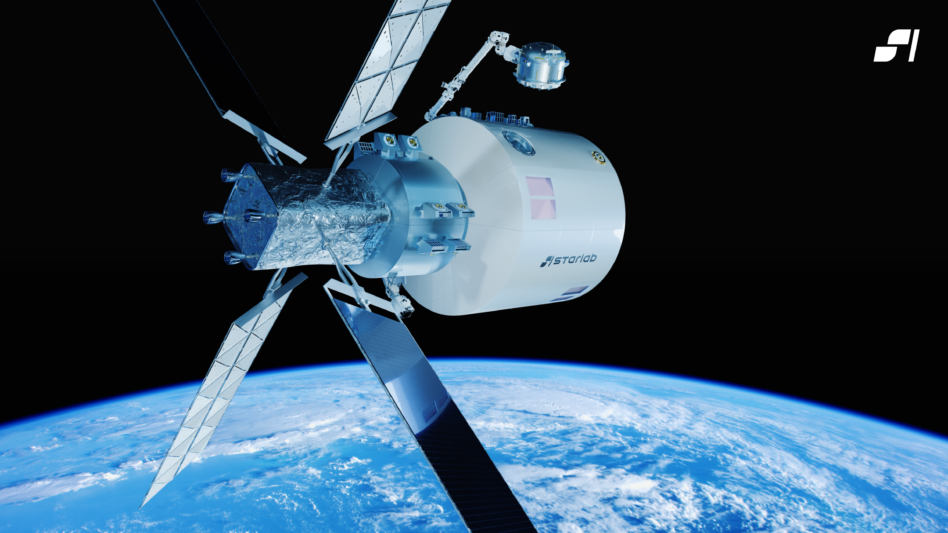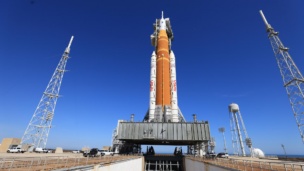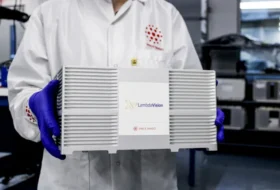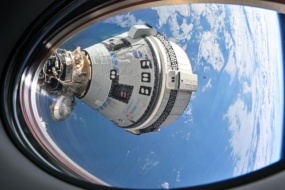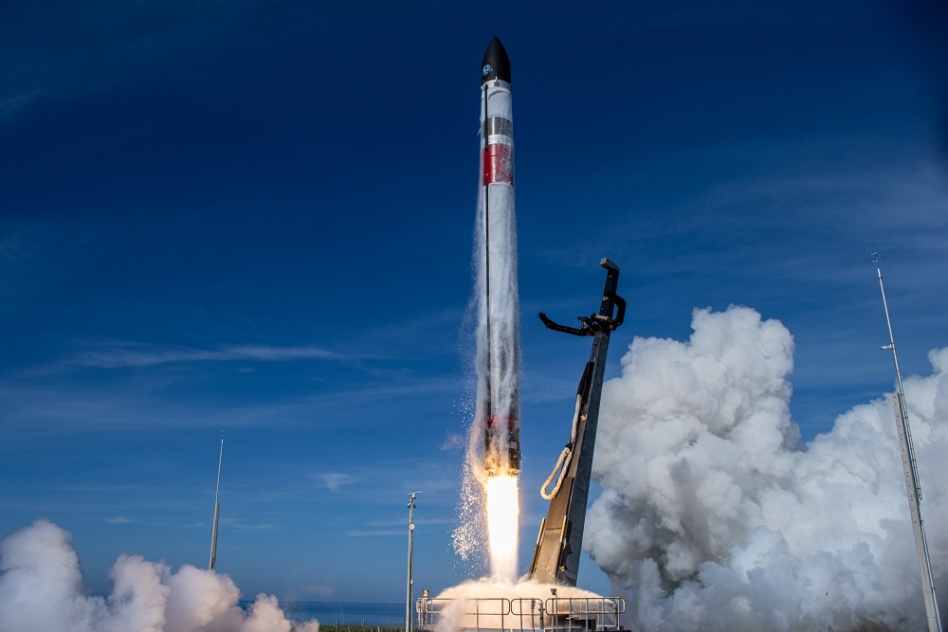ESA is exploring its options for life after the ISS.
The agency signed an MoU with the team behind Starlab, assuring its support of the LEO commercial space station project in a post-ISS future. Voyager Space (parent company of Nanoracks) and Airbus Defense and Space, which are leading the project, also signed the agreement, which was announced this morning.
“ESA appreciates the transatlantic industry initiative for the commercial Starlab space station, and the potential that its strong European footprint holds for significant European industrial and institutional contributions to, and use of, said station,” ESA director general Josef Aschbacher said in a statement.
Clock’s ticking: Time is running out for the ISS. It’s old, expensive, and leaky—and it’s currently slated for decommissioning by 2030.
In a world with a less ambitious commercial space sector, the loss of the ISS could mean a gap in the ability of the US and Europe to send humans to live and work in space. As it stands, though, there are a number of commercial space stations in the works, many (including Starlab) funded in part through NASA’s Commercial LEO Destinations (CLD) program to accelerate development of an ISS replacement.
The agreement: The MoU that the agency signed with Voyager and Airbus is not a binding agreement or contract for station development; instead, it affirms ESA’s commitment to working with the Starlab team to find ways to collaborate on scientific and technical projects using the future station. The potential uses include:
- Sending a European astronaut to the station
- Contributing to research projects on Starlab
- Supplying cargo and crew services
The upshot: ESA, like NASA, is viewing the growth in commercial space station infrastructure as its best bet for replacing human access to LEO after the ISS is decommissioned. Russia, the US and Europe’s partner on the ISS, is taking a different approach, with plans to launch another government-built and operated LEO space station in place of the ISS.
